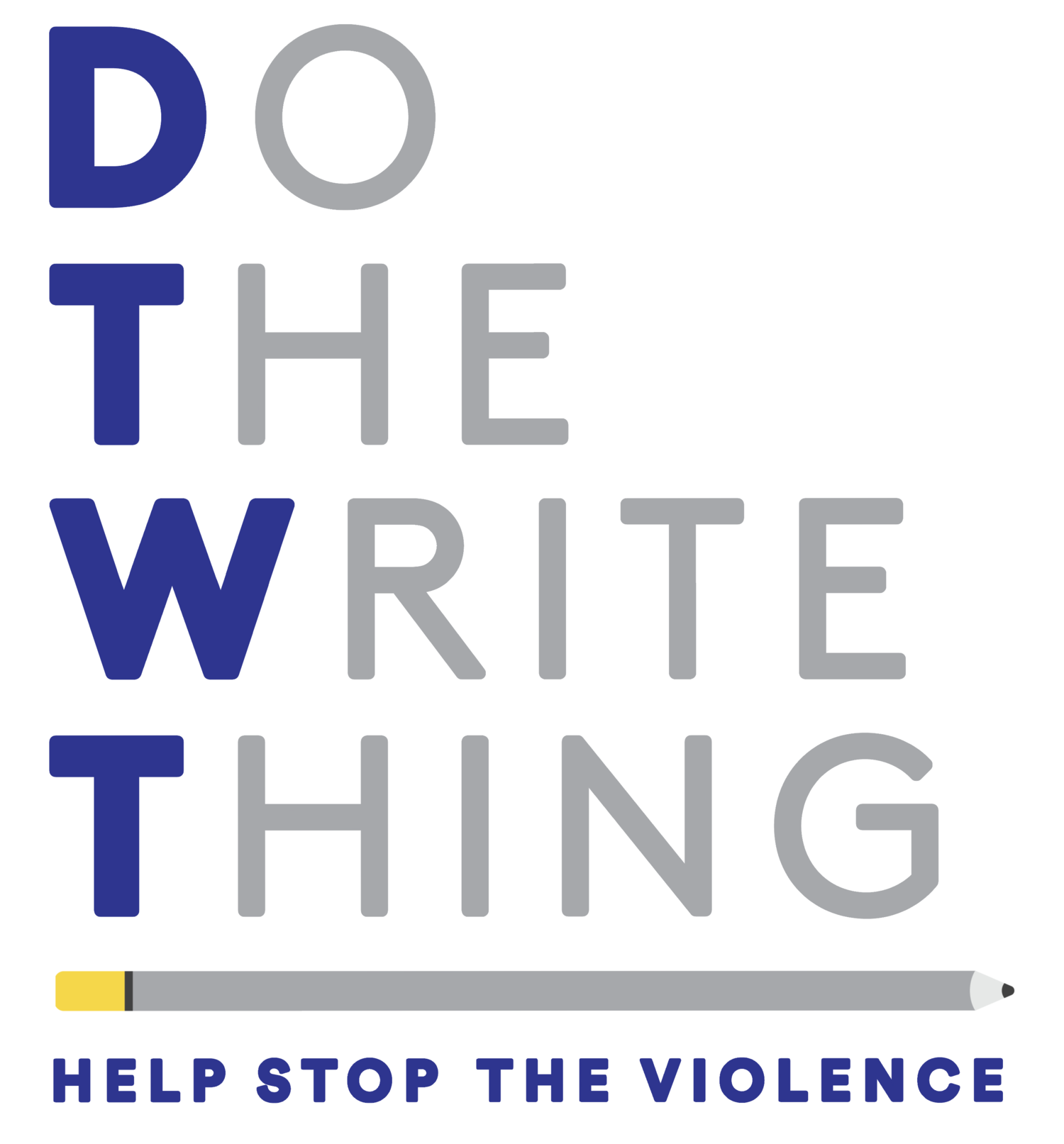From Awareness to Impact
Meet Lisa Cone, Program Director of NSCV
Lisa Cone, Program Director of National Camaign to Stop Violence with Monica Lewinsky, anti-bullying activist.
Meet Lisa Cone, Program Director of NSCV
Twenty-seven years ago I attended the first recognition event of a new program being kicked-off in Washington, D.C. I am not sure it even had a name at that point. It was the brainchild of a good friend of our family, Dan Callister. I was unclear about what I was being invited to, but my husband and I thought we should lend support to our friend and several of our other friends who were taking an interest in this fledgling idea. I have a memory of nibbling on something and sipping a soda while standing up and mingling in a room full of people. The faces that were familiar to me were friends and were white. The faces that were not familiar were black. Jack Anderson, a prominent and polarizing journalist at the time, did the introduction as to the reason we were all there. Then two young black kids read personal stories about violence in D.C. Their stories weren’t surprising as I was abreast of current events in the city, but suddenly the stories moved from a page on a newspaper to real young people in front of me.
I left that event and moved back into my realm of being a mother to six young children. Fast forward and 16 years later my world intersected again with the Do the Write Thing program. As my last children left home for college and my tenure with many volunteer organizations I had headed was ending, I was again reintroduced to DtWT. By then it had become a national program with participating cities scattered across the United States. At first I was skeptical. How can a writing program change young people’s lives? Certainly there must be more concrete ways of tackling the problem of youth violence other than just writing an essay!
Lisa sits back in a meeting with Montana student and DtWT National Student Ambassador 2019, as he meets with his congressional representative to talk about youth violence.
In my eleven years with DtWT I have come to understand how effective “just writing an essay” can be. The effects of DtWT are multi-faceted. “Just writing an essay” gives young people who are dealing with trauma a place to express their stories and then move past the trauma. “Just writing an essay” reminds us all of the power that words have. “Just writing an essay” opens up doors of understanding. “Just writing an essay” facilitates greater tolerance and compassion. “Just writing an essay” fosters a young person’s desire to be heard. “Just writing an essay” opens up dialogue. “Just writing an essay” can change a child, a course of events or the world.
As I have thought about my journey with DtWT from that first introduction in its earliest days, to the privilege of being its program director for the past decade, my gratitude for what I have learned is great. Being a part of DtWT has broadened my perspective into young people’s lives. Their writings have permitted me a glimpse into their worlds with all of the good, the bad and the ugly that they face. I have gained a renewed faith in people as I see how much kindness and compassion those dedicated to helping children exhibit. DtWT has awakened in me a greater appreciation for the power of the pen. Words shape our thoughts and our thoughts guide our actions that then make change. Being a part of DtWT has deepened my respect for resiliency. I see first hand how events are not our destiny. The human spirit has the ability to rise above whatever challenge and thrive. My greatest challenge continues to be that I impact these young students, through the DtWT platform, as much as they have impacted me.


